11 Japanese students came to Cao Thang Technical College (HCMC) for the first time to study a profession for one month.
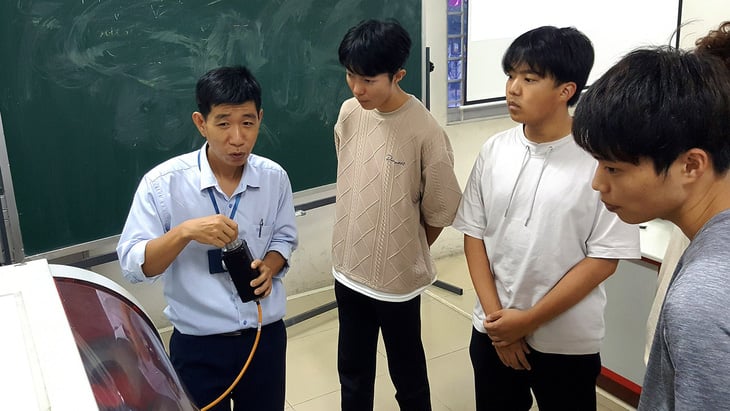
Master Nguyen Van Thong instructs Japanese students in a lesson on CNC milling and turning machines - Photo: TRONG NHAN
This is the first student exchange activity between Cao Thang Technical College and the Japan Technical College Organization (KOSEN).
Vietnamese teacher, Japanese student
The afternoon class in mid-September 2023 of Master Nguyen Van Thong - Deputy Head of the Department of Mechanical Engineering, Cao Thang Technical College - had the appearance of 11 young Japanese students. Japanese students sat and studied with Vietnamese students. In class, Mr. Thong introduced the principles, operations, and basic techniques of CNC milling and turning machines. After the theoretical lessons, students will practice directly operating the machines, taking on tasks like in a real industrial chain.
One side has Vietnamese students, the other side has Japanese students, and the language of this special class is English. Sometimes when it comes to complicated technical terms, Master Nguyen Van Thong will give more detailed instructions in Vietnamese for the "home students" group. For the "guest group", he found a student from the school who knows Japanese, ready to help translate for the Japanese students when they encounter concepts that are difficult for them to understand in English.
"To prepare for this week of teaching, I had to spend more effort on my lectures. The documents were also carefully translated. Japanese students were often very proactive in asking more in-depth questions about the details in the lesson. Many of the questions were very difficult," said Master Nguyen Van Thong.
"Japan is very strong in engineering and technology. Will Japanese students who come here to study have to face "competition" in terms of knowledge and skills?", we asked. Mr. Thong explained that most of the technical content of mechanical engineering is not different between countries using the same type of machine, such as Japanese machine, European machine... If the machine is different, the operator will need time to get used to it, but the basic techniques are still the same.
"We teach our students many types of machines, including Japanese ones. Therefore, students from Japan can still study like in their home country," said Mr. Thong.
More perspectives from reality
The mechanical engineering content of Master Nguyen Van Thong is the third part that Japanese students have learned in a month in Vietnam. Before that, they had gone through weeks of studying refrigeration and electricity - electronics. Kusunoki Takeru - majoring in electronics in the KOSEN program (Japan) - said that in Japan, before entering the main major, students will study a number of subjects on technology and engineering. Therefore, for him, some "non-major" content such as refrigeration or mechanics, although he had studied before, was not as in-depth as studying in Vietnam.
Another interesting point, Takeru said that in Japan, most of the content you learn is applied to industrial scale. For example, refrigeration, what you learn is mostly used directly for buildings, factories, companies...
In Vietnam, in addition to such "macro" knowledge, you will learn about household refrigeration, and be instructed on how to disassemble and repair household air conditioners. "Now I know how to repair my own home air conditioner" - Takeru said.
MSc. Nguyen Huu Quyen, deputy head of the Department of Heat and Refrigeration Technology at Cao Thang Technical College, said that experts from the DAIKIN air conditioner company were also invited by the teachers to attend the lectures, to help Vietnamese and Japanese students gain new perspectives on refrigeration in practice.
DAIKIN is also a big Japanese brand, which will help Japanese students understand the similarities of technology when applied in Japan and some adjustments to suit conditions in Vietnam.
Experience Vietnamese education and culture
Dr. Le Dinh Kha - Principal of Cao Thang Technical College - said that the 11 Japanese students coming to the school for exchange is part of the international cooperation between the school and the Japanese KOSEN Organization. Previously, some Japanese students came to the school for sightseeing or to participate in some competitions, but this is the first time Japanese students came to study directly for a period of one month. The study content is spread across many technical subjects. In addition, students also learn English and Vietnamese. The ultimate goal is to help students have many experiences in Vietnamese education and culture.
Toyosaki Haruto - a mechanical engineering major in the KOSEN program - was impressed with the Vietnamese lessons at school. He learned everything from pronunciation to basic sentence patterns. Haruto shared that he knew how to ask for things and bargain in Vietnamese. "I also learned the rules of conduct in Vietnamese culture, from how to walk, greet, to how to communicate and behave with teachers and friends... I was very excited about the cultural lessons right in a technical school," Haruto said.
Torigata Ichita was impressed with the extracurricular programs he experienced. He had the opportunity to be guided to visit famous historical sites in the inner city of Ho Chi Minh City to learn more about the past. He also went to Cu Chi tunnels, feeling the lessons about war and the value of peace .
"Some teachers invited us to join cooking sessions of delicious Vietnamese dishes," said Torigata Ichita. "In return, we also organized some sessions introducing Japanese language and culture to Vietnamese friends. These are unforgettable memories for us."
How is vocational training in Japan?
According to Kusunoki Takeru, in Japan, most students like to go to university. However, students who like technical fields often take the initiative to study at vocational schools. The number of young people studying vocational training each year is not small. Among them, excellent students will be accepted to study a special vocational training model, called KOSEN.
Specifically, the KOSEN program provides continuous training for five years, starting from the age of 15, graduating from junior high school and "turning" without attending high school. The training model is in the shape of a "V", designed so that general subjects are taught in the first year and gradually decrease over time, while specialized subjects will increase gradually each year. Knowledge and skills combine three stages of theory, research and practice.
According to Kusunoki Takeru, the KOSEN model often trains students in many technical fields such as mechanics, materials, information technology, construction, electricity - electronics, chemistry, biology... to meet the technical human resource needs of the labor market. KOSEN schools often cooperate closely with local industrial enterprises through many internship programs, job creation...
Tuoitre.vn








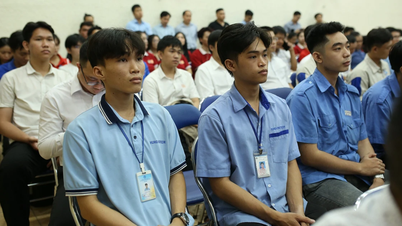
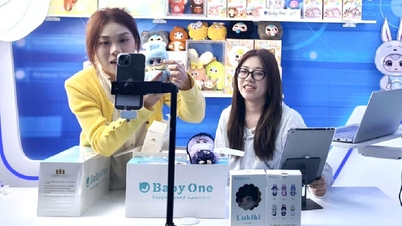


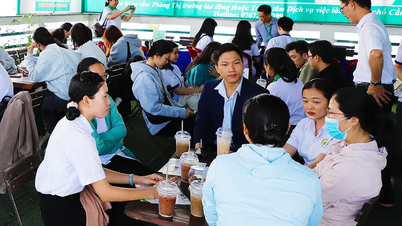

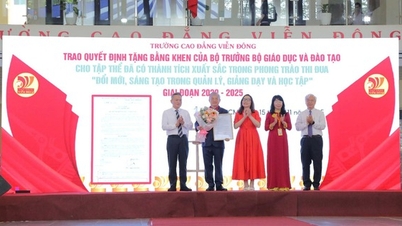

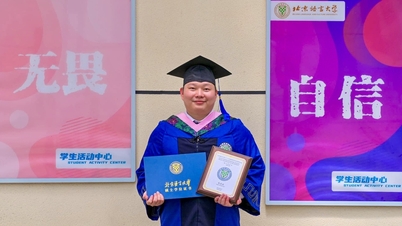

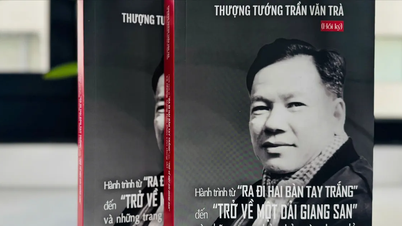


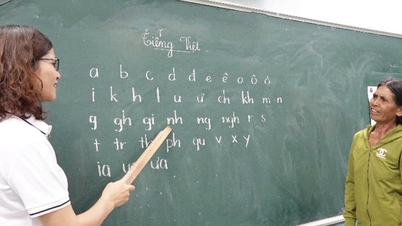

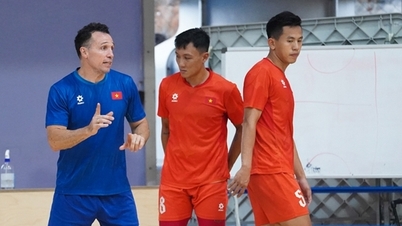

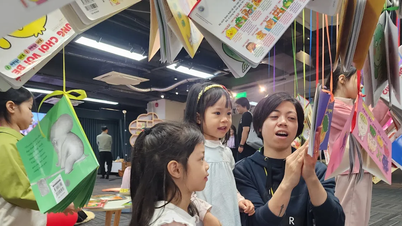
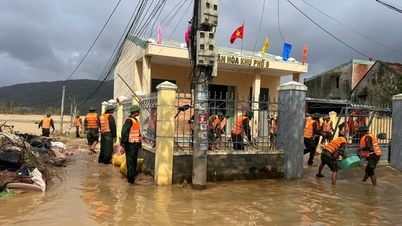





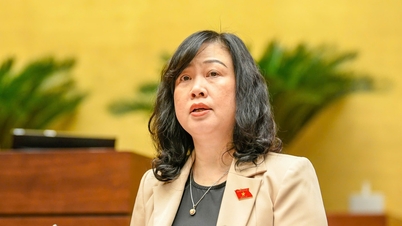




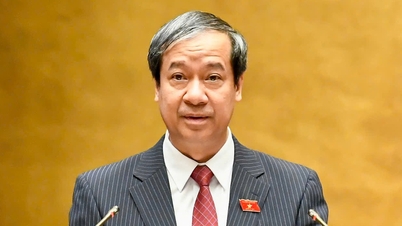
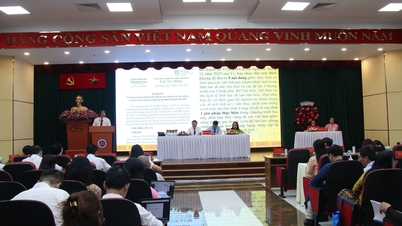

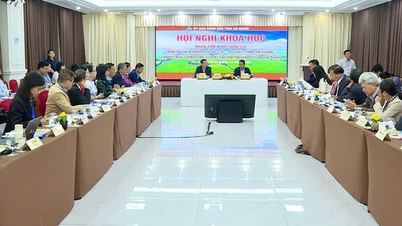





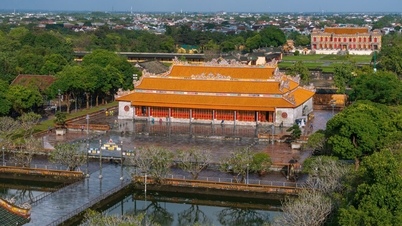



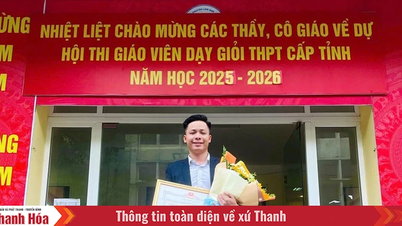

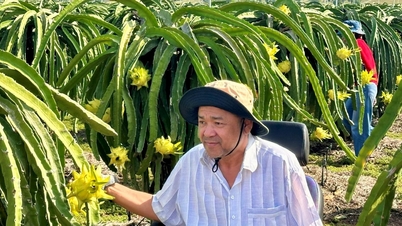

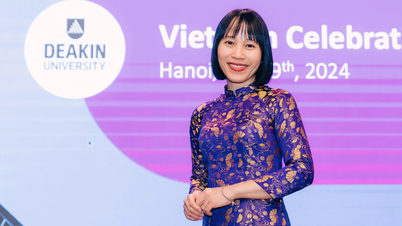


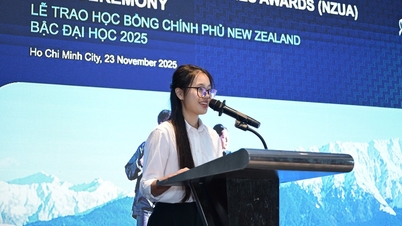
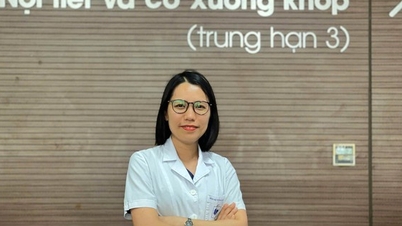

![[Answer] Should I install an elevator for an old renovated house?](https://vphoto.vietnam.vn/thumb/402x226/vietnam/resource/IMAGE/2025/11/25/1764039191595_co-nen-lap-thang-may-cho-nha-cai-tao-cu-khong-04.jpeg)

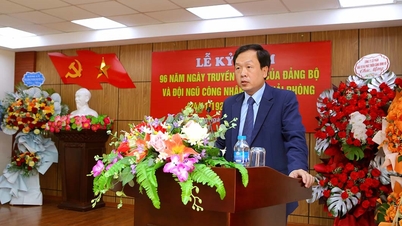

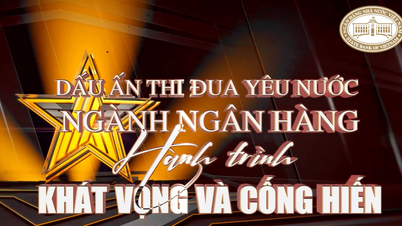
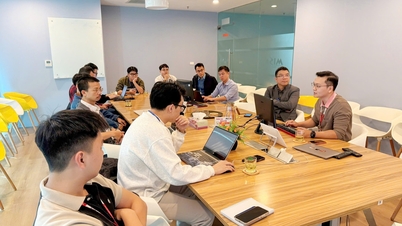

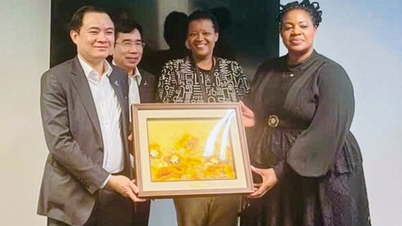










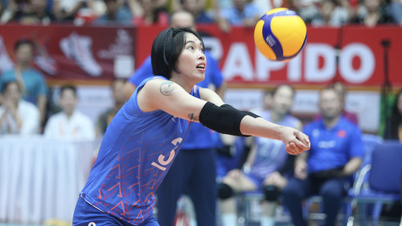
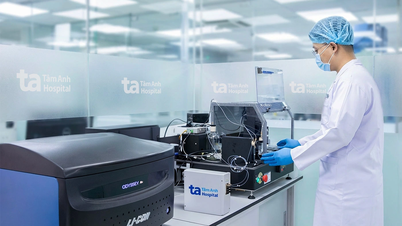
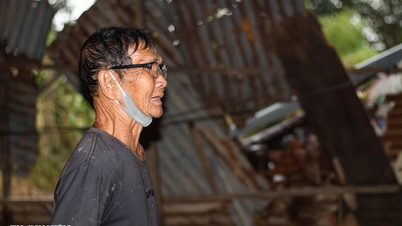
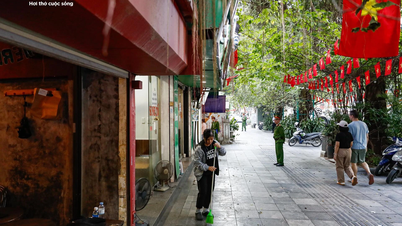
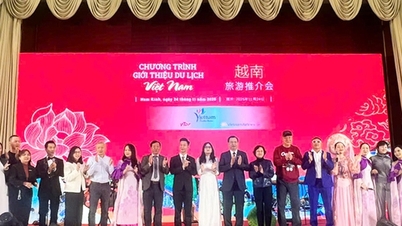

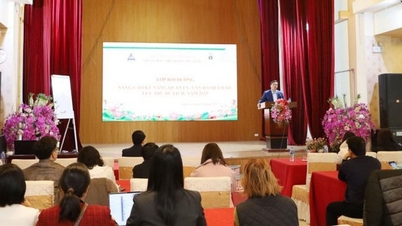


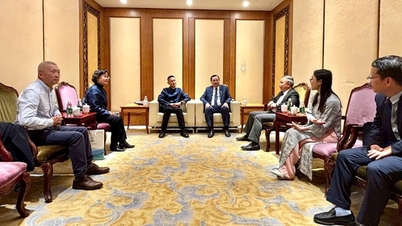
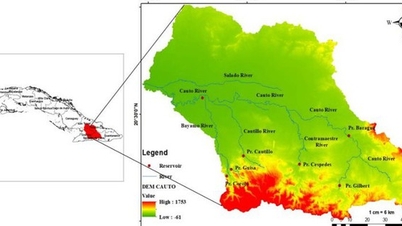

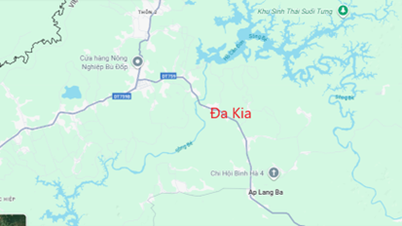

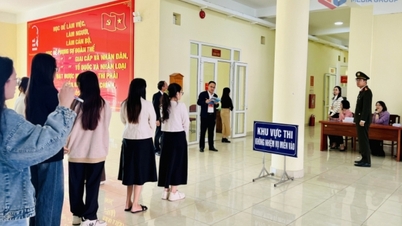
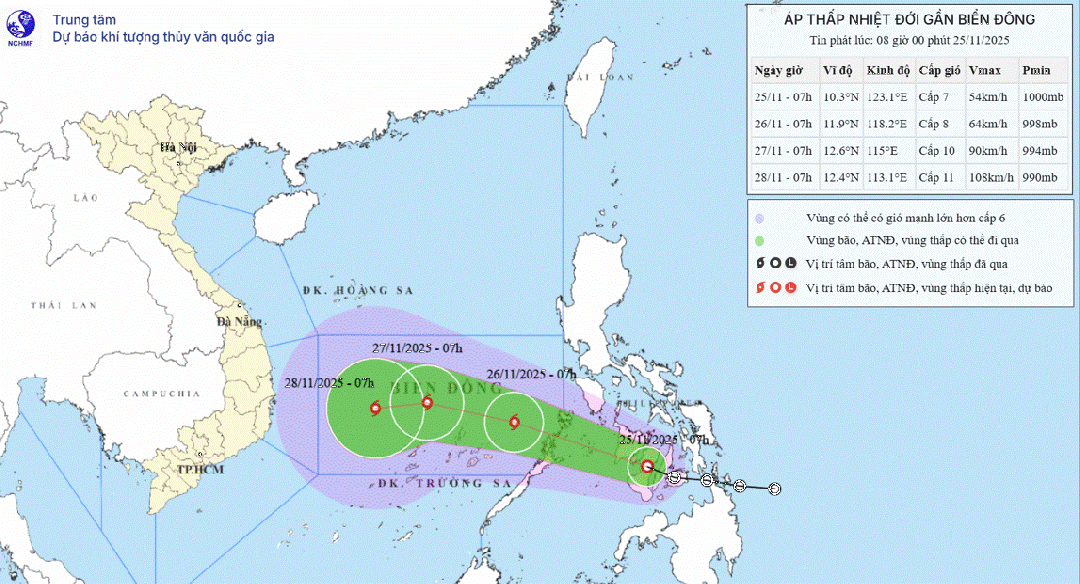

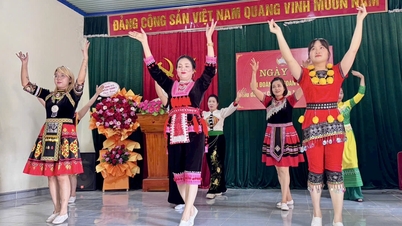


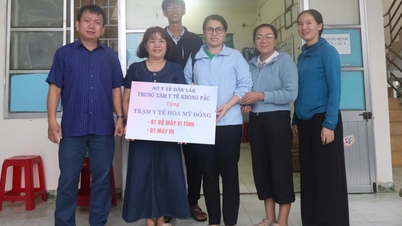















Comment (0)